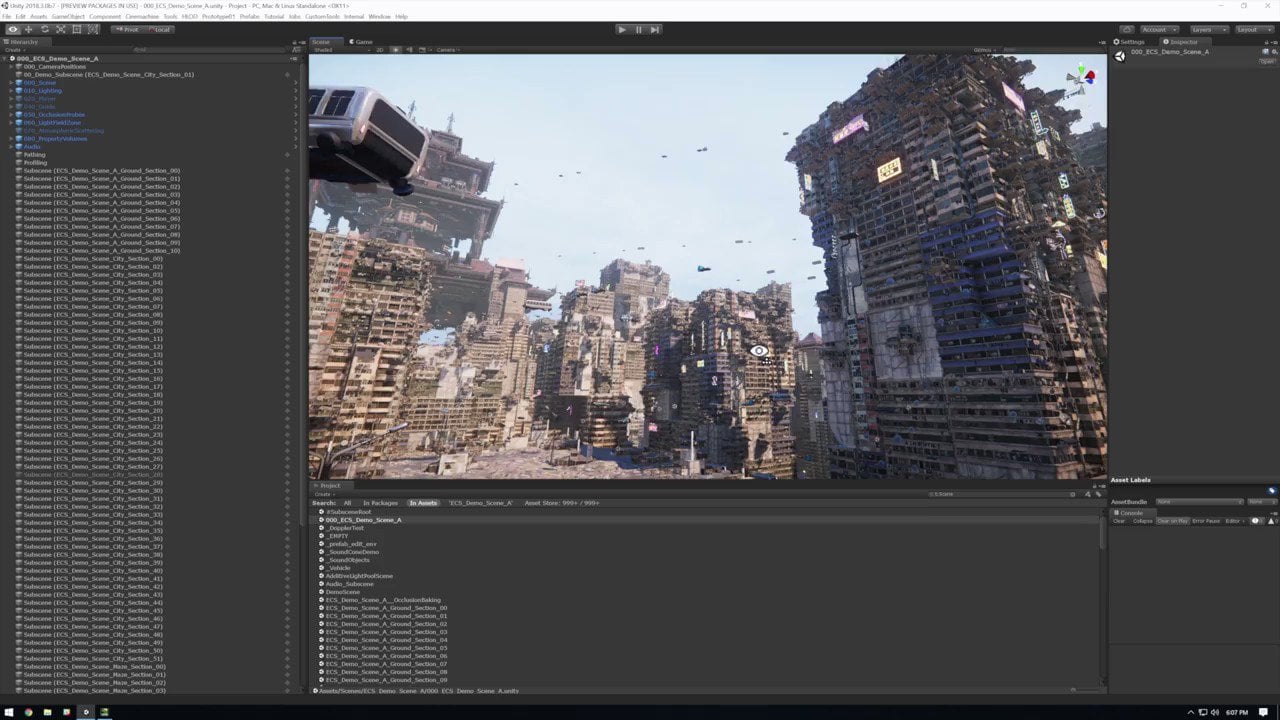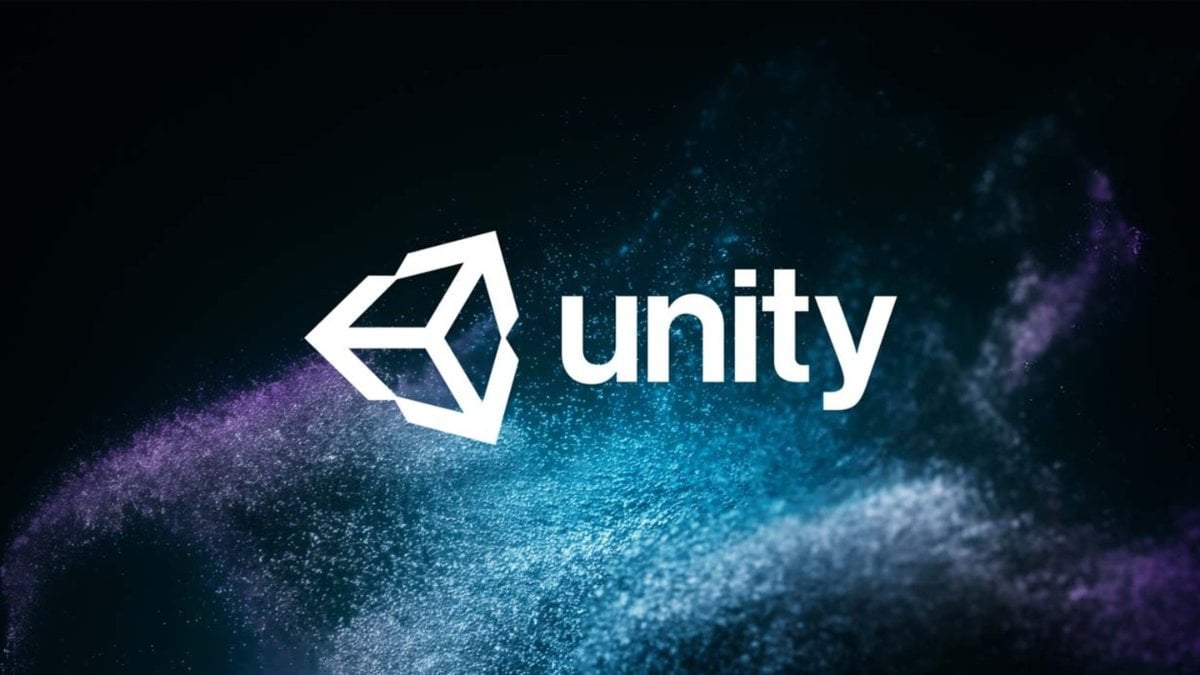Unity just announced a new pricing model for its game engine.
- Unity recently faced backlash from the gaming community for its original pricing model, which included retroactive per-install fees for games using the engine.
- In response, Unity’s executive, Marc Whitten, issued an apology and introduced a revised pricing plan. The new plan exempts Unity Personal and Plus plan users from the controversial Runtime Fee, benefiting smaller developers.
- The revised model also raises the earning threshold for Unity Personal users and excludes older versions of the engine from the Runtime Fee, offering revenue-sharing as an alternative for high-earning games.
About a week ago, Unity revealed a new price structure that infuriated the gaming community. The creator of the game engine heard the criticism and, in an attempt to placate developers, unveiled a new price structure that differs significantly from the previous iteration.
A retroactive per-install charge for games utilizing the gaming engine was implemented by the prior plan. Many developers have questioned whether reinstalls are counted and how Unity would track installations. It’s possible that the price structure forced developers to pay Unity more money than they would have from game sales.
Marc Whitten, senior official at Unity, expressed regret to the gaming community in a fresh open letter on the previously disclosed pricing structure. Whitten also unveiled an updated strategy that strays significantly from the contentious compensation structure the business had previously disclosed.
Here is an open letter to our community:
https://t.co/qadAWzdGkb“>https://t.co/qadAWzdGkbUnity (@unity) September 22, 2023
The contentious Runtime Fee will not be imposed by Unity on games created with the Unity Personal or Plus plans. The install price will only apply to the Pro and Enterprise subscriptions, potentially sparing smaller developers from having to pay large add-on fees.
Additionally, Unity raised the $100K yearly income requirement for developers using the free Unity Personal plan to $200K. More small studios will be able to take advantage of the free subscription option as a result.
Games that utilize the Unity game engine, either the most recent version or an earlier one, will not be subject to the contentious Runtime Fee. On the other hand, games that switch from an older version of the game engine to the updated version that is out next year or in the future will be charged the cost.
Games that have made over $1 million in revenue and have been installed over a million times will be subject to the Runtime Fee. Instead of paying a per-install cost, the studio has the option to choose a 2.5% revenue split; in this case, the studio would always be paid less. Self-reporting installs will now occur instead of depending on Unity’s “proprietary data model.”

The primary grievances raised by developers about the fees are addressed by the revised price structure. As long as game developers maintain their titles on either the most recent or previous iterations of the game engine, they will not be charged the retroactive cost. For games that get regular updates, though, that might be an issue. Studios who produce low-cost or free games will also be pleased with the revenue-sharing arrangement.
It remains to be seen how the gaming community will react to the new price structure. Unity has already lost the trust of many smaller independent studios when the previous price scheme was announced. The game engine manufacturer will need to put in a lot of work to regain the developers they lost over the course of the previous week.
